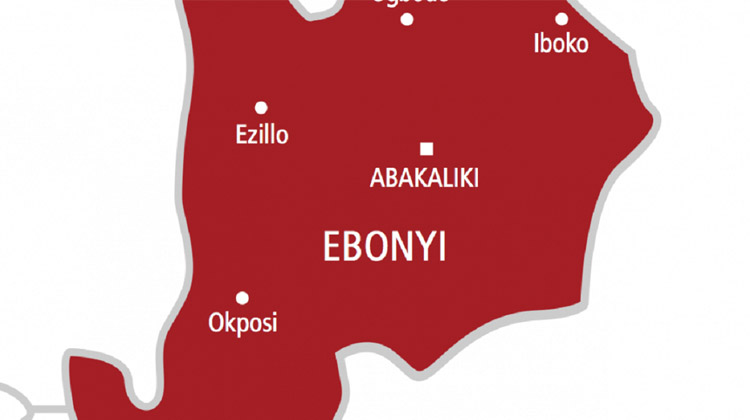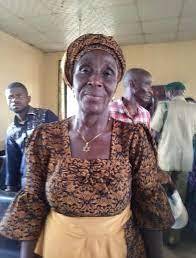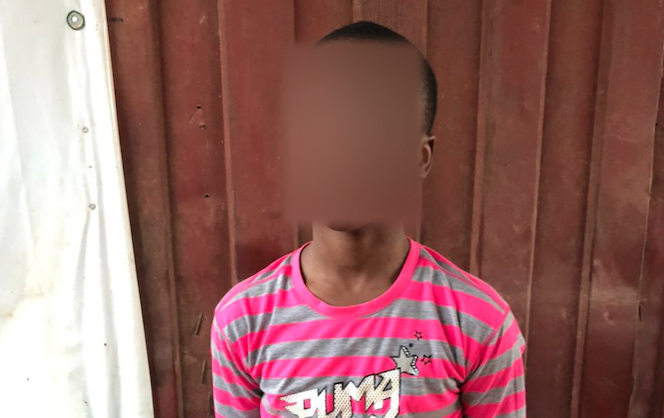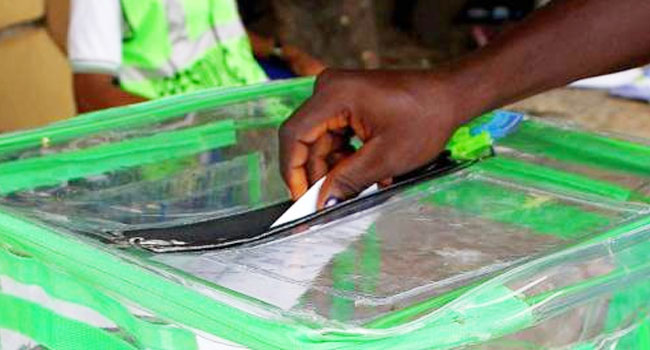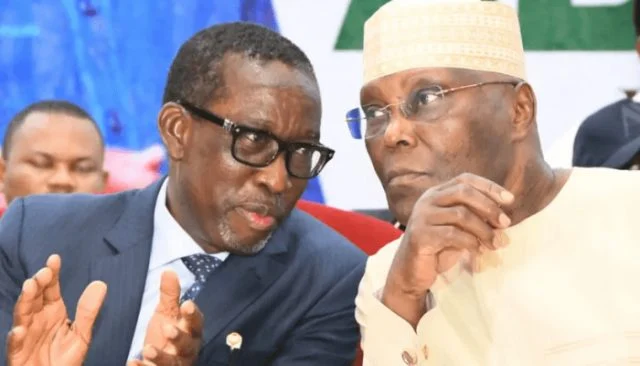By Sonala Olumhense The 77th session of the United Nations General Assembly opens in New York in three weeks, with the general debate scheduled for September 20-26. This means that the President, Major General Muhammadu Buhari (retd) could sign out with a report card on his eight years in office. It is unclear how many world leaders will travel to New York; only a few days ago, the World Health Organisation announced that one million persons worldwide have so far died of COVID in 2022. Given how much more we now know about the disease, it is unlikely that Mr Buhari will be dissuaded from saying his goodbyes. He enjoyed a lot of attention in 2015 when, at the 70th Assembly, the world thought he had come to make a difference to Africa’s largest economy. That was the year that the Organisation’s 193 Member States agreed on the 2030 Agenda. The Sustainable Development Goals (SDGs) globally interconnected ambitions of peace and security, social and economic development, human rights, and environmental sustainability were a great source of hope and pride. In his speech, Buhari appeared to scoff at the plan, saying it was loaded with “lofty aspirations [and]…heroic assumptions!” But he did identify the core objectives of poverty eradication and reducing inequalities as being significant, proposing the addition of an extra item to the Secretary-General’s six “essential elements.” That element was PEACE, and Buhari addressed the challenge of Boko Haram, which had been at the centre of his electoral success as he bragged about his military background. “We intend to tackle inequalities arising from massive unemployment and previous government policies favouring a few people to the detriment of the many,” he declared. “We intend to emphasise quality technological education for development and lay the foundation for comprehensive care of the aged, the disadvantaged and the infirm. But for now terrorism is the immediate problem.” Announcing Nigeria’s cooperation with its neighbours in its efforts against the militants, Buhari said, “We have driven them away from many of their strongholds, killed or captured many of their operatives or commanders and freed several hundreds of hostages.” That was exceedingly premature. With each passing day under Buhari, it has grown so insecure that towns and villages are now virtually shut down and shut away from each other, and Boko Haram has become just one player in the insecurity industry. Businesses are fleeing or shutting down. Citizens who can afford it are getting out. If you are not travelling by air within the country, you must mobilise and pay for police protection. In the Buhari Years, only the corruption industry appears to have been more successful. But in that 2015 address, he had said something about his government’s “unwavering commitment to fight corruption and illicit financial flows,” urging the international community to “urgently redouble efforts towards strengthening the mechanisms for dismantling safe havens for proceeds of corruption and ensuring the return of stolen funds and assets to their countries of origin.” The international community indeed has, and the Buhari government has been a major beneficiary, routinely receiving large tranches of recovered funds, most of it stolen by his good friend and former Nigeria leader, General Sani Abacha. Only last week, we learned that the United States would return another tranche of $23m to Nigeria from the same source. But returned funds have somehow not appeared in Nigeria’s development statistics in the past 20 years, and Buhari himself has refused to understand that combating corruption opaquely is the same thing as being corrupt. Domestically, he refuses to publicly disclose what assets his government has recovered and sold, or to whom. He has serially refused to obey court orders to account for recovered funds, and foreign governments, having learned not to trust his “corruption-fighting” propaganda, now write agreements with Nigeria specifying the projects the funds must be used for. One BBC infographic captures the $3.65bn recovered but unaccounted for in the last 24 years. That explains the words of Mary Beth, the US Ambassador to Nigeria, last Tuesday. “This repatriation brings to a total amount of funds repatriated in this case by the US to more than $334.7 million[to be]…used to continue the construction of three key infrastructural projects located in strategic economic zones of the country: The 2nd Niger Bridge, Lagos-Ibadan Expressway and the Abuja-Kano Road.” The problem is that despite the intervention of other governments, the World Bank and responsible civil society, impunity soldiers on ahead of the best of intentions. Those three projects, for instance, have consumed a lot of funds for the better part of two decades principally because there is no transparency in their implementation. In 2020, soon after Nigeria received $308m from the US and Jersey, the Nigerian Sovereign Investment Authority, which is handling their funding, announced that they would be completed by the second quarter of this year. In effect, projects that should have been completed are now receiving funds from the future. Only last month, Babatunde Fashola, the Minister of Works and Housing, announced that at least two of them will be completed by “the last month of this year.” We govern with hope, not planning. As for the Abuja-Kano Road, that one appears set to continue to receive gifts from Abacha for another three years. In case you have forgotten, it was supposed to have been funded from the 2017 and 2018 budgets, and completed in 2020. Last year, following intrigue and manipulation, the government announced that implementation would now be in 2023. I have argued that it will not be completed at all by Buhari, citing Lars Richter, the Managing Director of the construction firm. In November 2020, he categorically said, “The new deadline is now 2025.” Again, this is a picture of how, in the Buhari era, Nigeria has become an abysmal case in which poverty has overrun hope and there is nowhere to run. This is why, in his eighth and final appearance at the General Assembly, Buhari can bring a dense entourage for

